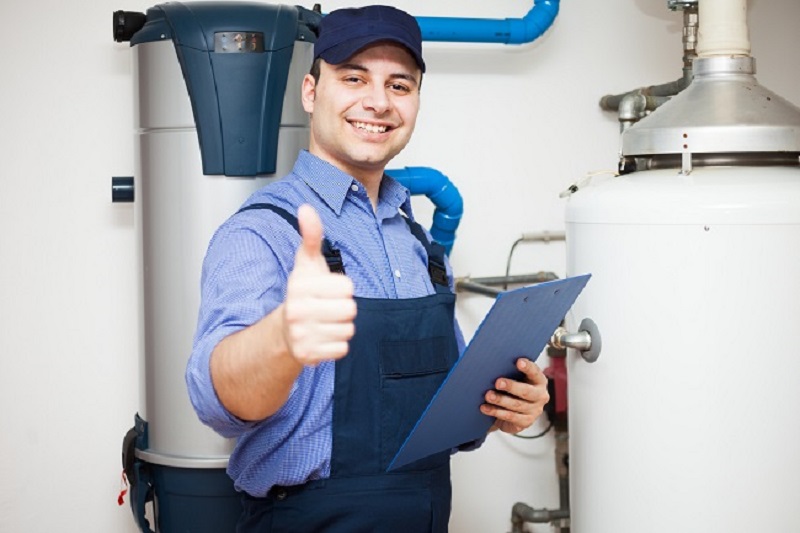
Hot water is one of the necessary items in everybody’s day to day activity. Water heating is nothing but a heat transfer process that requires a source of energy to raise the temperature of water from its initial point. Domestic uses of hot water include cleaning, bathing, cooking, and space heating.
There was a time when we had several definitions with definitions to back them up alongside. Let’s describe the different how many ounces of water in a gallon
In the traditional system, water is used domestically to be heated in vessels better known as water heaters, cauldrons, pots, kettles, or coppers. These vessels that are being used to produce hot water do not provide a continuous supply of hot water with the present temperature.

Modern-day appliances that provide a continuous supply of hot water are known as water heaters, boilers, water heater, tanks, heat exchangers, geysers, hot water system, to name a few. The names vary from region to region, depending on its use for heating water at home (i.e., domestic purpose), or heating water in the industry (i.e., industrial use), whether it is used portable heating water or non-portable water and also depending on their energy sources. For the domestic purpose, portable water heaters are installed, which are also known as domestic hot water (DHW).
Thus, we get to see and know that hot water systems at home have got a lot of uses and are an essential everyday appliance. Let us look into some good to know facts that not only prolongs the life of the hot water systems but also lowers the utility bills. Let us take a quick look in the tips as to how to take proper care of the hot water system at home:-

- What type of water heater you have: We should always be aware of what water heater is installed in our home, whether it is electric or propane, natural gas or if it storage tank type or whether it is tankless type. We always need to note down the serial number and the model number of the appliance. From there only we get to know the gallon capacity of the appliance. This information’s are essential for warranty purpose, and these are the first question any plumber or any hot water system repair company will ask.
- Where your water heater is located: Not only should we know where it is installed, we should also have proper access to it. If in case it is installed in a non-accessible position such as attic or basement, then getting plumbing work done becomes very difficult.
- How to turn off the water: This is indeed a good idea before we face any dilemma related to the water heater, to know how to turn off the water, or the fuel or even may the power supply to the heater. This is important in the case of an emergency, if the water is leaking or if we can smell gas.
- Flush or drain your water heater: One in a year at least it is good to drain a few gallons of water through the drain valve. Run this hot water to a place where it will not cause any damage. This helps to flush out any debris or sedimentation in the heater.
- Keep the area clear near the water heater: There are multiple reasons to give the water heater some space. If the water heater does not get enough oxygen, it might affect the efficiency of the unit, and might damage the burning chamber and other water heater parts. There can be chances of carbon monoxide leakage as well.
Thus looking into all the tips and care techniques we get a good idea as to how to take proper care of hot water systems at home so that we never run out of hot water when in need.





